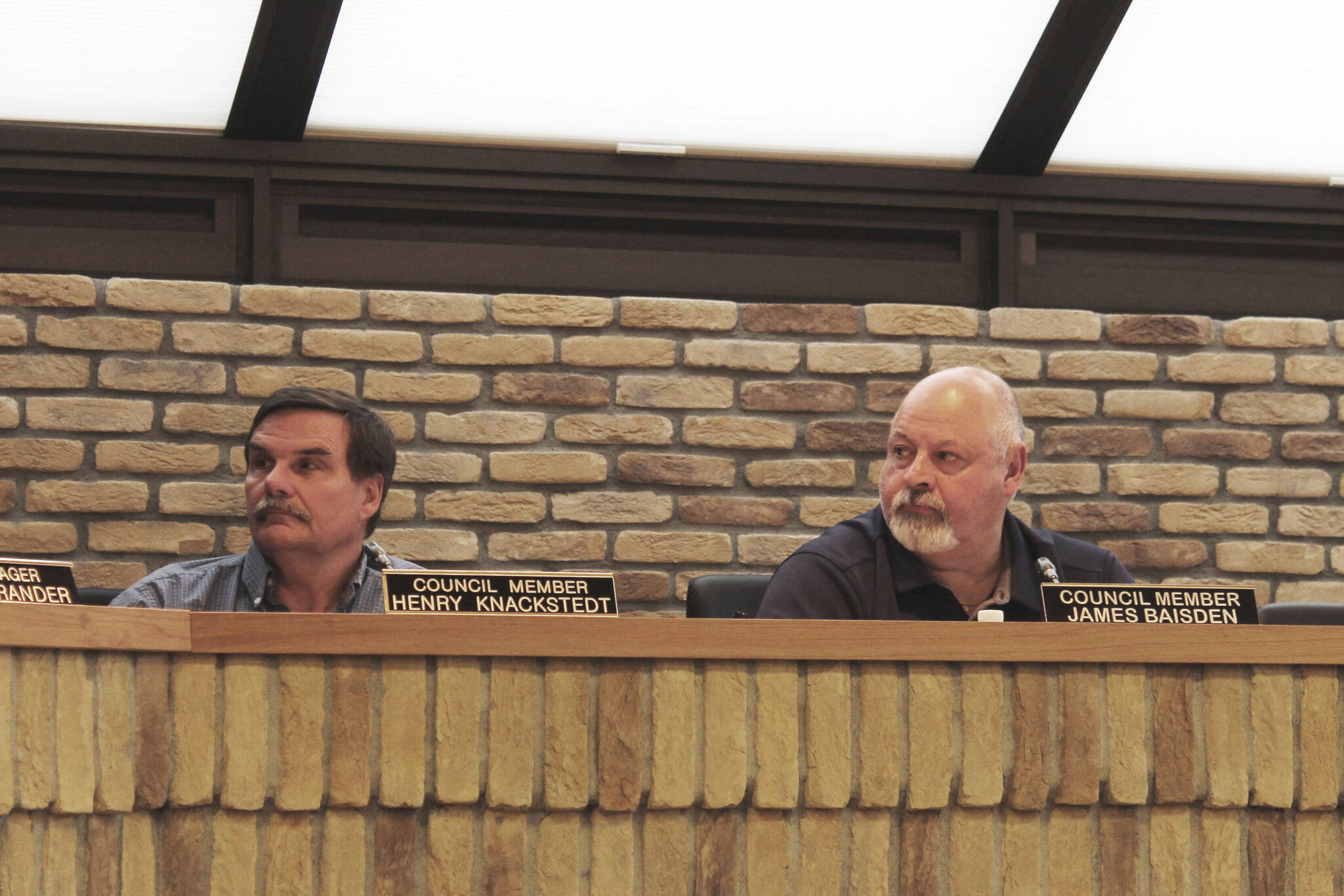The Kenai City Council is again considering whether to do away with Zoom services that allow people to participate remotely in city meetings. Citing the potential for antagonistic groups to “come in and wreak havoc in our space,” council member Glenese Pettey, who brought the issue forward, said she’d like to see the service discontinued.
“My concern is that people from all regions of the world could come and make comments and create drama in our small town,” Pettey said. “If it was important enough for them to participate, then they would need to make the effort to show up here publicly.”
Multiple municipalities on the Kenai Peninsula began offering Zoom during the COVID-19 pandemic as a way to allow people to safely participate in public meetings, including the City of Kenai. Council members had a similar debate last summer, when some municipalities began to stop offering remote participation through the software at meetings.
Zoom became a dominant platform for remote gatherings over the course of the pandemic. Among other things, the software was used to conduct city, borough and school board meetings, as well as to offer remote learning options for students at the Kenai Peninsula Borough School District’s 42 schools.
Across different municipalities, those who support continuing to offer Zoom participation say it increases government transparency and public participation, while those who do not say the service is distracting and that it is important for participants to attend in person.
Two city council members attended Wednesday’s meeting remotely and participated through Zoom, including council member Teea Winger, who has previously said Zoom improves access to and the transparency of government meetings. Winger said Wednesday that the city has not experienced the type of antagonistic interactions described by Pettey and that to remove the service in anticipation would be “preemptive.”
“If this isn’t really a cost-saving thing, we’re just worrying about a situation that we actually haven’t had … ,” Winger said. “As much as I didn’t like, Zoom myself — I prefer to be in person — there is always a situation when this comes in handy.”
A similar debate played out in the City of Soldotna last week, when council members voted in favor of continuing to offer two-way video conferencing through Zoom citing increased accessibility for members of the public.
Kenai Mayor Gabriel made a similar argument Wednesday.
“Some of my concern is mainly based around elderly people that maybe don’t have the ability to come down here,” Gabriel said. “I don’t want to have to shut them out of the process if they … wanted to testify or participate.”
Pettey said it was not her intention to disallow public participation in meetings and that her concern lay primarily in people with “malicious intent toward the city.”
“I appreciate everyone’s comments and discussion in regards to this,” Pettey said. “I’m only working for the very best for our community and our city.”
No formal action was taken Wednesday on the issue, as Pettey said she wanted to get input from council members before bringing an action item forward. In addition to offering participation through Zoom, the City of Kenai streams meetings live on the city’s YouTube channel, however, the livestream does not allow viewers to participate in the meeting.
Reach reporter Ashlyn O’Hara at ashlyn.ohara@peninsulaclarion.com.

